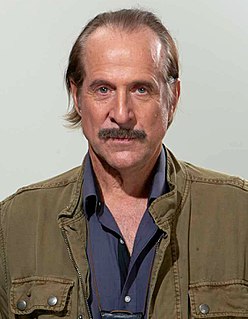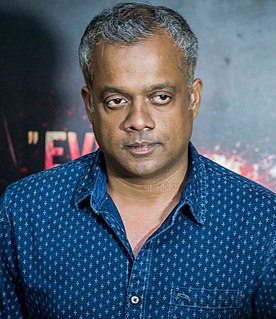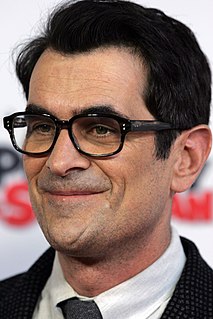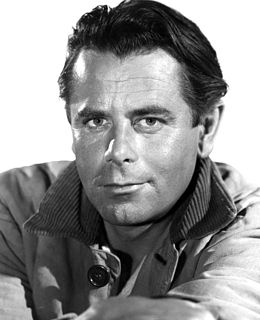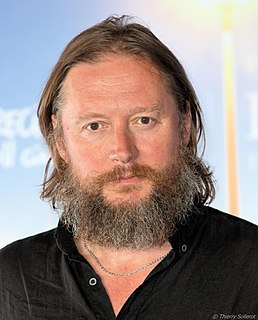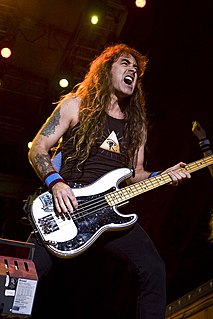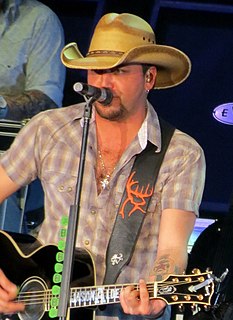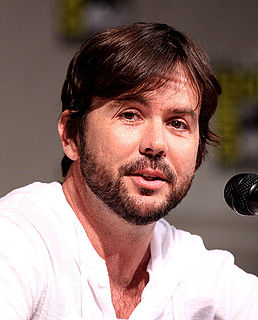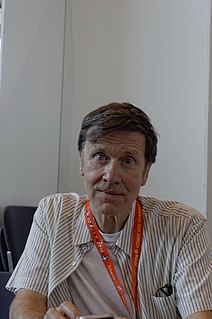A Quote by Peter Stormare
With my characters, I prefer to not say too much, and in fact, I tend to cut down some of the lines in most scripts I get.
Related Quotes
A lot of actors choose parts by the scripts, but I don't trust reading the scripts that much. I try to get some friends together and read a script aloud. Sometimes I read scripts and record them and play them back to see if there's a movie. It's very evocative; it's like a first cut because you hear 'She walked to the door,' and you visualize all these things. 'She opens the door' . . . because you read the stage directions, too.
I find most American films annoy me because their third act tends to be tying up loose ends and returning to moral values and killing the monster. I think most of the scripts I read to tend to go in that direction and I find that very, very unsatisfying. I want the stories to have loose ends and to pose some questions - or even say things that aren't too comfortable.
When you're directing you're kind of interested in the movie and the story and the characters. I just sort of prefer the really tough fighting and some of the other street fighting type moves. You know, where it's not just show. It's not dressing it up for the cameras too much. It's pretty down and dirty, the way it should be. That's something I like to do. I do that.
When I'm editing, I tend to cut, go back over it, cut, go back over it, cut, so by the time I'm done, even with a cut, I don't have a rough cut and then work on it so much. I have a pretty rigorous cut of the movie that's usually in the range of what the final movie is going to be. It doesn't mean I don't work on it a lot after that, but I get it into a shape so I feel I can really tell what it needs, or at least it's ready to show people.
If you say, 'I'm going to cut this song because I know the teenagers are going to love it,' well, then you're going to alienate everybody else. When I cut my record, I'm just going to cut the things that I like, and whoever likes it, likes it. That's too much work to try to figure out the demographic. That's too much like a business.
I would say plotting is the most difficult thing for me. Characterization is only hard because sometimes I feel I get so interested in it that I want to talk too much about the characters and that slows the story down. So I say, "Hey, people want to find out what's going to happen next, they don't want to listen to you spout off about this or that person." But I think even the bad guy deserves to tell his side of the story.
So the fact that there's someone who's planning what happens to the characters, writing it down, means that the characters always have a fate. And when we think about fate, we tend think of it as the thing we would have if we were literary characters, that is, if there were somebody out there, writing us.
